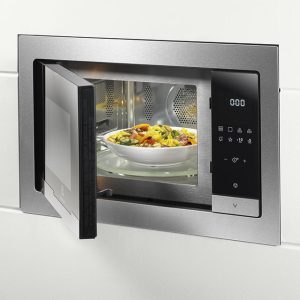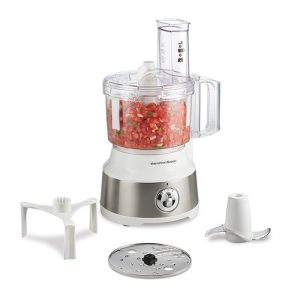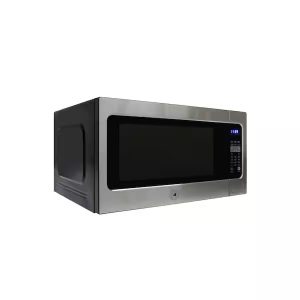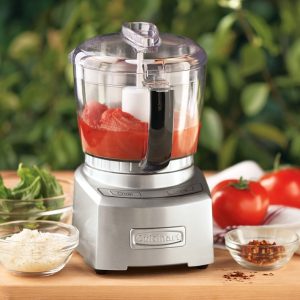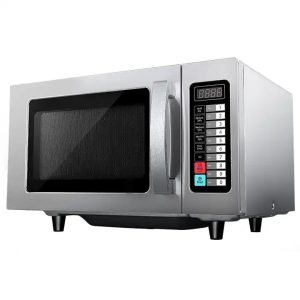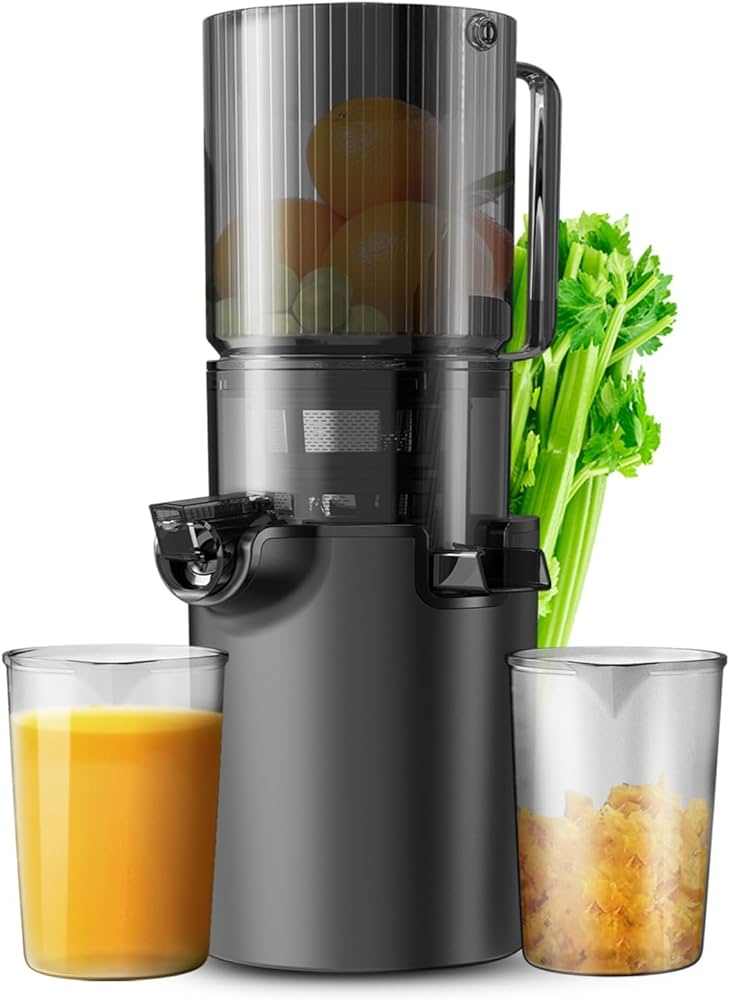
Introduction
When it comes to juicing, selecting the right type of juicer is crucial to achieving optimal results. Masticating and centrifugal juicers are two popular options that offer distinct features and benefits. In this comprehensive guide, we will explore the differences between masticating and centrifugal juicers. From examining their mechanisms and juice quality to discussing usability and versatility, we will provide specific details to help you make an informed decision and choose the juicer that suits your juicing preferences.
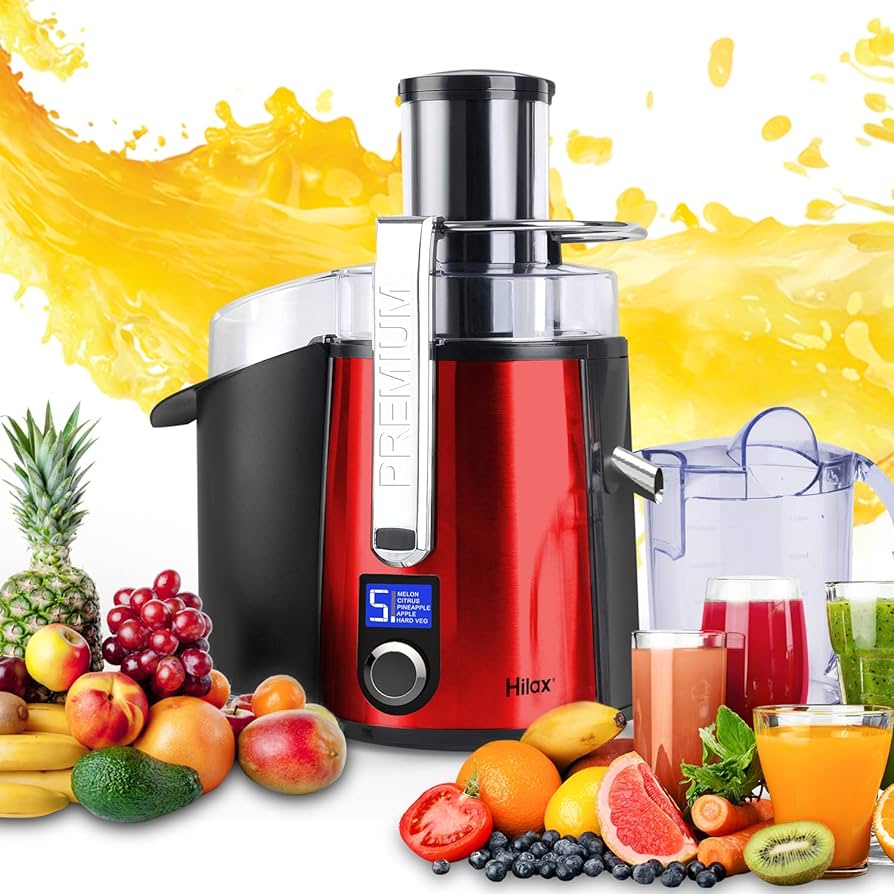
The Battle of Juicers: Masticating vs. Centrifugal
I. Understanding Masticating Juicers
-
Slow and Steady:
- Masticating juicers are designed to operate at a slow and deliberate speed, using an auger or a single gear to slowly crush and press fruits and vegetables against a mesh screen. This squeezing action extracts juice while minimizing heat and oxidation.
-
Superior Nutrient Retention:
- The slow, gentle extraction process of masticating juicers helps preserve essential nutrients, enzymes, and phytonutrients, resulting in juice that retains more of the original vitamins and minerals found in the produce.
-
Efficient Juice Yield:
- Masticating juicers are known for their high juice yield, effectively extracting juice from a wide variety of produce, including leafy greens, fibrous vegetables, and soft fruits. The slow extraction process thoroughly breaks down the produce, leaving a drier pulp and ensuring that maximum juice is obtained.
-
Versatility Beyond Juices:
- Some masticating juicers offer versatility by functioning as multi-purpose machines. They can be used to make other healthy treats, such as nut butters, sorbets, baby food, or even pasta, expanding their utility beyond solely juicing.
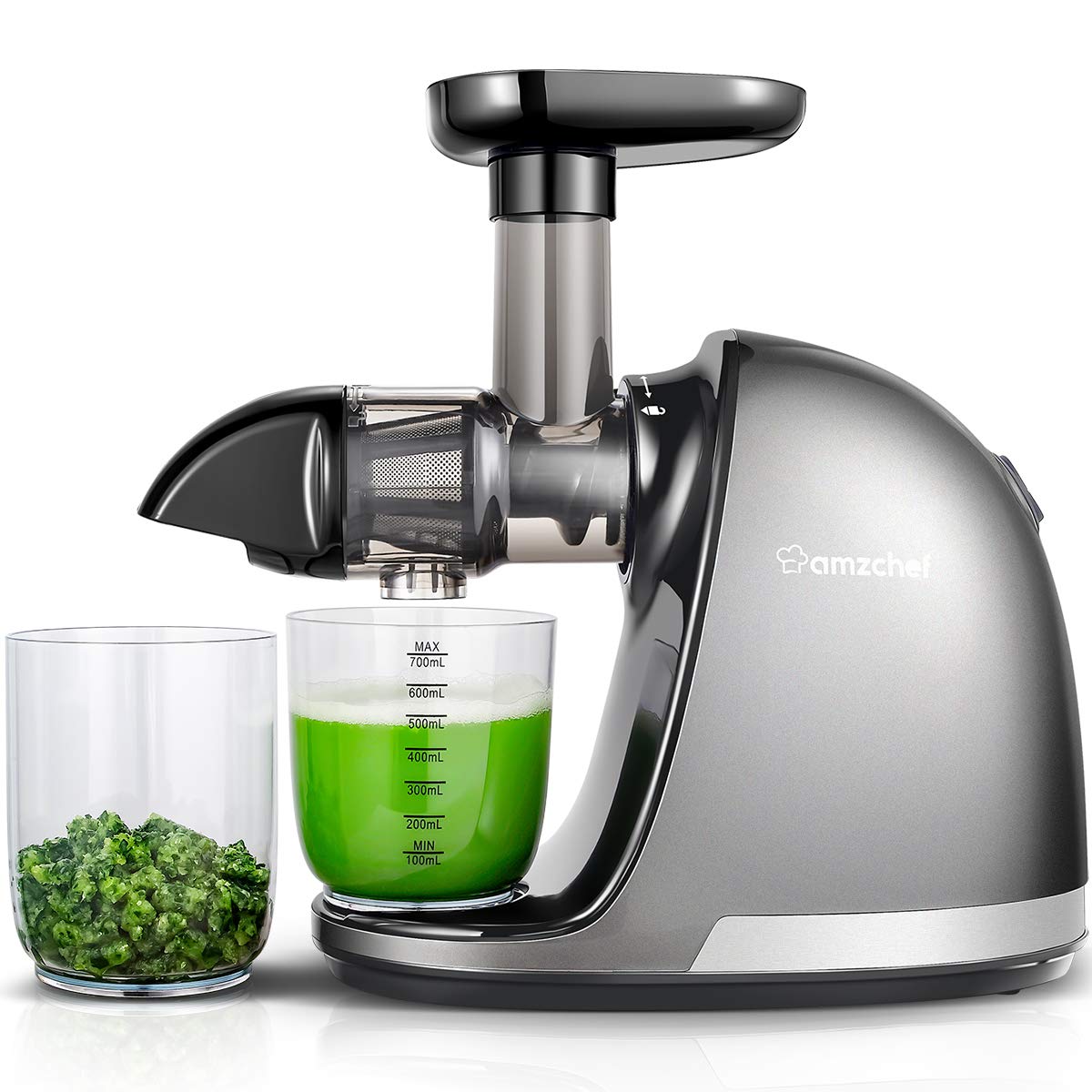
II. Exploring Centrifugal Juicers
-
Speedy Extraction:
- Centrifugal juicers operate at high speeds, using a cutting blade to shred the produce before spinning it at a high velocity against a mesh screen. The force created by the spinning motion separates the juice from the pulp, expelling the juice into a collection container.
-
Quick Juicing Process:
- Centrifugal juicers are renowned for their speed, making them ideal for individuals with limited time. The high RPM (rotations per minute) of the blades allows for rapid juice extraction, reducing overall juicing time.
-
Ease of Use and Convenience:
- Centrifugal juicers are generally more user-friendly and straightforward to operate compared to masticating juicers. They often feature wider feeding chutes that can accommodate larger chunks of produce, reducing the need for extensive preparation and chopping.
-
Ideal for Firmer Fruits and Vegetables:
- With their rapid spinning and cutting action, centrifugal juicers excel at extracting juice from firmer fruits and vegetables such as apples, carrots, and citrus fruits. However, they might struggle with leafy greens and produce with high water content.
III. Juice Quality and Taste
-
Masticating Juicers:
- The slow and gentle extraction process of masticating juicers leads to higher-quality juice with superior taste and flavor. The reduced heat and minimal oxidation help maintain the natural colors, flavors, and aroma of the produce, resulting in rich, vibrant, and more complex juice profiles.
-
Centrifugal Juicers:
- While centrifugal juicers provide faster results, the high-speed spinning and cutting action generate more heat and expose the juice to increased oxidation, potentially resulting in a less vibrant juice color and a slightly diminished flavor profile.
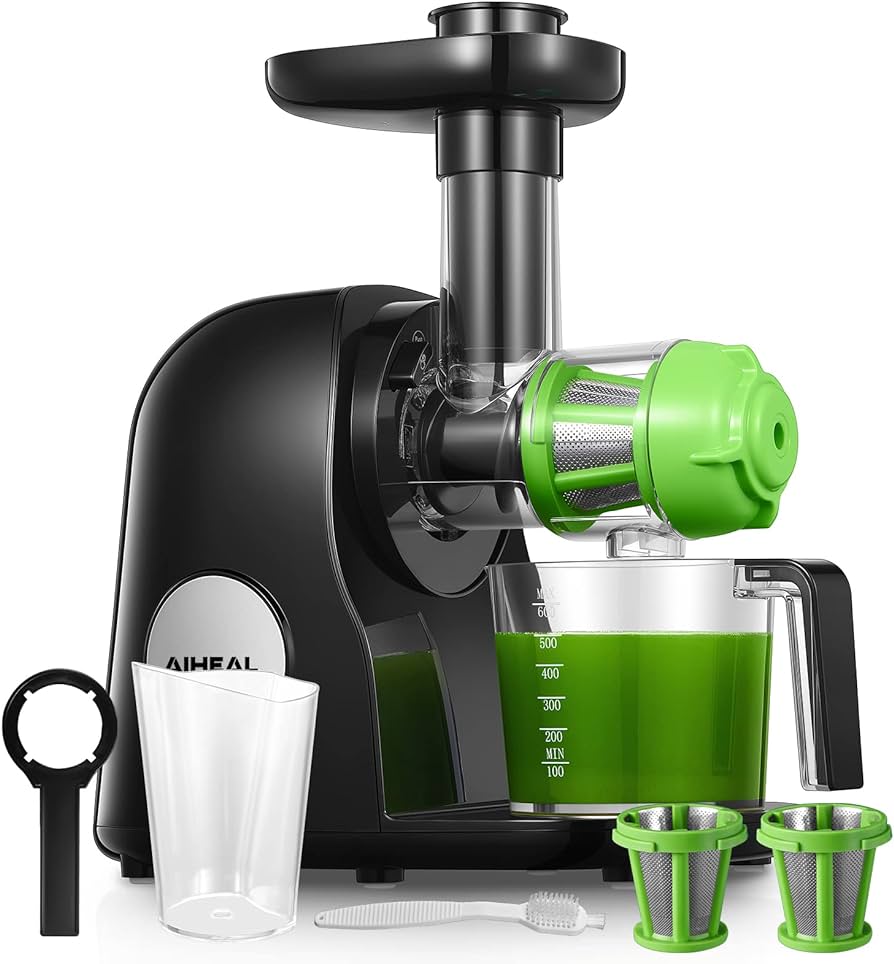
IV. Pulp Texture and Dryness
-
Masticating Juicers:
- Masticating juicers yield pulp that is generally drier and finer in texture. The slow extraction process effectively compresses and squeezes out the juice, leaving behind a pulp that is significantly less moist.
-
Centrifugal Juicers:
- Due to the high-speed spinning and cutting mechanism, centrifugal juicers tend to produce wetter and slightly coarser pulp. The quick extraction process may not extract as much juice as masticating juicers, leaving some residual moisture in the pulp.
V. Noise Level and Motor Power
-
Masticating Juicers:
- Masticating juicers typically operate at lower RPMs, resulting in quieter juicing sessions. The slower spinning of the auger or single gear generates less noise, making them suitable for individuals who prefer a quieter juicing experience.
-
Centrifugal Juicers:
- Centrifugal juicers operate at higher RPMs, which can result in louder noise levels during operation. The fast-spinning action of the blades produces a noticeable whirring sound that may be less desirable for those seeking a quieter environment.
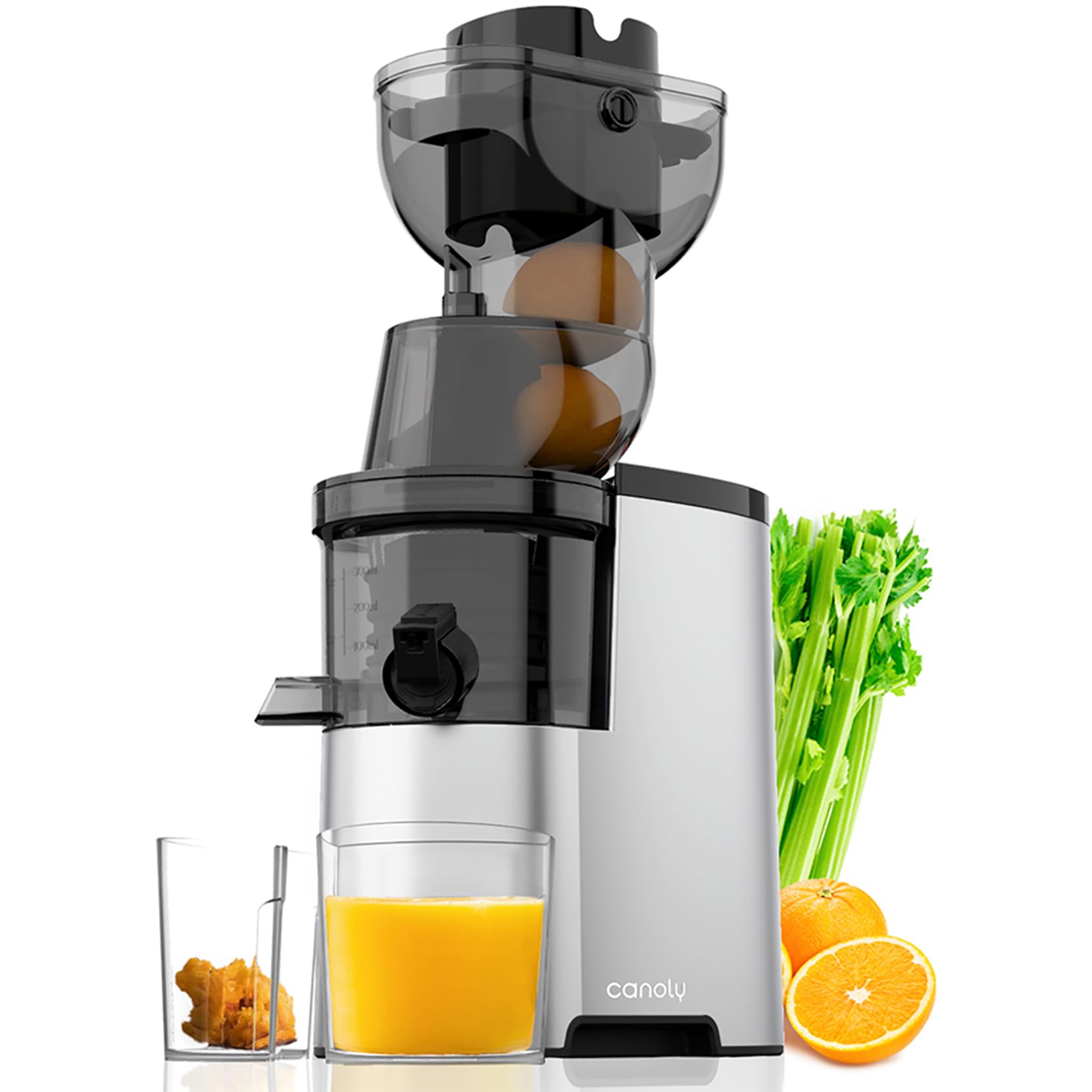
VI. Cleaning and Maintenance
-
Masticating Juicers:
- Masticating juicers tend to have more parts that require cleaning due to their slow extraction process. However, many models are designed with easy disassembly, allowing for thorough cleaning. Some masticating juicers also come with specialized cleaning tools for efficient maintenance.
-
Centrifugal Juicers:
- Centrifugal juicers typically have fewer parts to clean, making them easier and quicker to disassemble and wash. However, some models may have more intricate pulp collection areas or mesh screens that require thorough cleaning to prevent clogging or residue buildup.
VII. Price Range
-
Masticating Juicers:
- Masticating juicers generally fall into a higher price range due to their slower extraction process, wider range of applications, and superior juice quality. They are often considered a long-term investment for serious juicing enthusiasts or individuals with specific dietary needs.
-
Centrifugal Juicers:
- Centrifugal juicers are typically more affordable and budget-friendly compared to masticating juicers. They offer a practical solution for individuals seeking quick and convenient juicing options without breaking the bank.
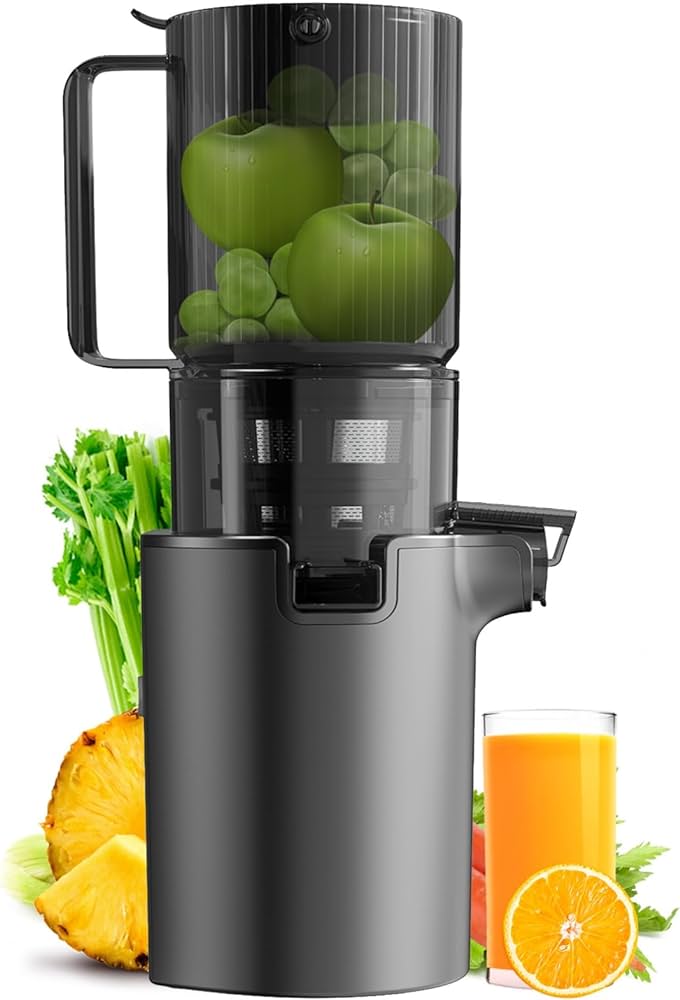
VIII. Conclusion: Choosing the Ideal Juicer for You
When deciding between a masticating or centrifugal juicer, it’s important to consider your personal juicing priorities, lifestyle, and budget.
Masticating juicers offer superior juice quality, higher juice yield, versatility in usage, and quieter operation. They are a preferred choice for individuals seeking nutrient-dense juices and are willing to invest in a more extensive juicing process.
Centrifugal juicers, on the other hand, excel in speed, convenience, and affordability. They are ideal for individuals who prioritize quick and easy juicing without compromising too much on nutrition and flavor.
By weighing the pros and cons of each type, you can select a juicer that aligns with your specific juicing preferences, whether that involves exceptional juice quality and versatile applications or rapid juicing capabilities and user-friendly design. Whichever juicer you choose, the ultimate goal is to enjoy the numerous health benefits and flavors of freshly made juices in a way that suits your lifestyle and dietary needs.
